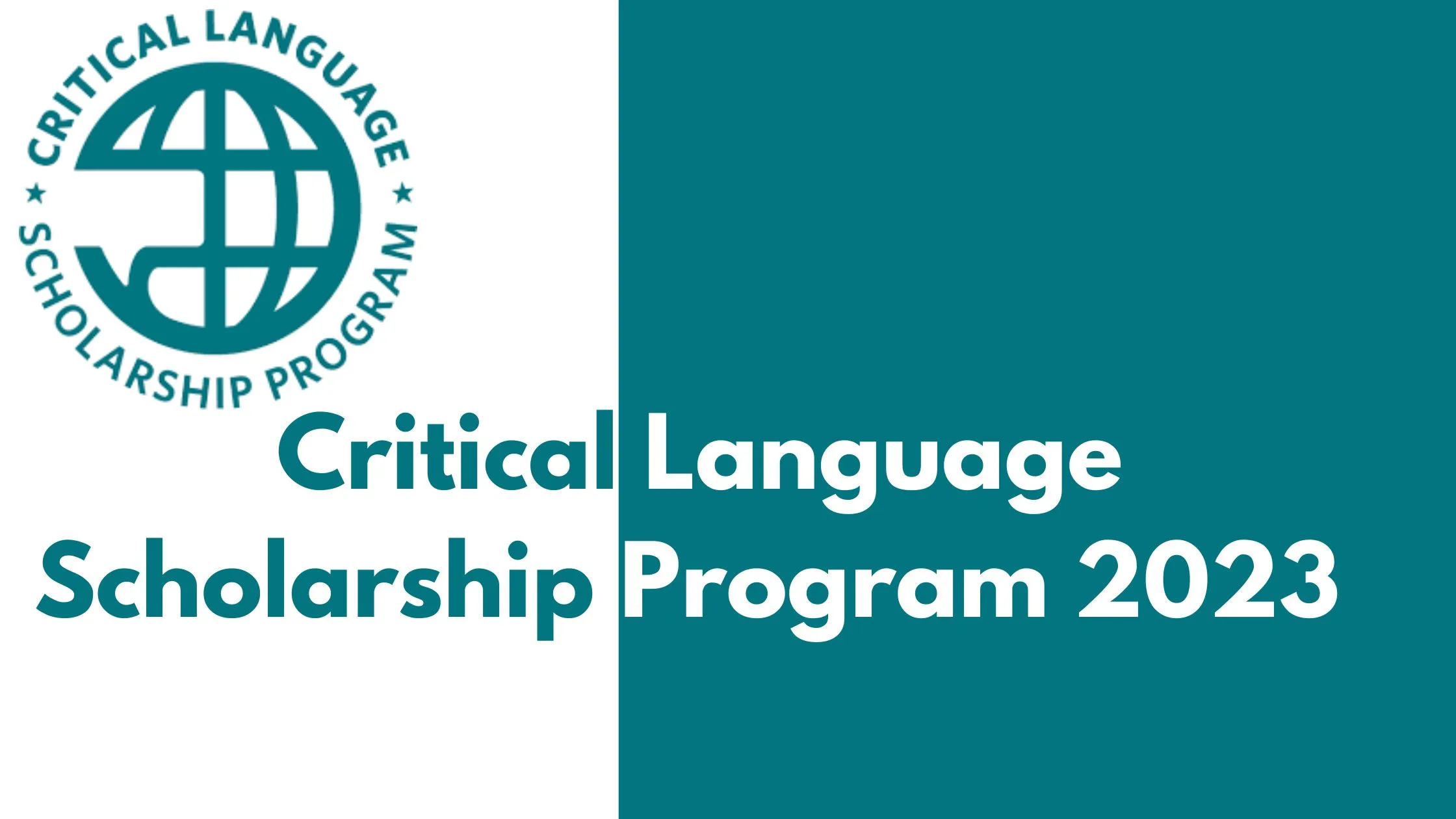The Critical Language Scholarship (CLS) Program, sponsored by the U.S. Department of State, offers fully-funded language programs for American undergraduate and graduate students. With a focus on critical languages like Arabic, Chinese, Japanese, and more, participants can choose from virtual or overseas language programs, experiencing intensive language instruction in a cohort-based setting.
The program emphasizes cultural immersion and engagement with host communities, fostering language gains and proficiency. By equipping students with valuable language skills, the CLS Program contributes to national security, economic prosperity, and the competitiveness of the 21st-century globalized workforce.
Whether you’re a beginner or have prior language experience, the CLS Program provides access to immersive language learning and enriching cultural exchange opportunities.
History of the CLS Program:
The CLS program was launched in 2006 as part of the National Security Language Initiative (NSLI). The initiative was a response to the growing demand for professionals who could speak critical foreign languages such as Arabic, Chinese, Japanese, and Korean. Since its inception, the program has provided language training to over 8,000 students from across the United States.
Eligibility Criteria Critical Language Scholarship Program 2023:
- Must be a U.S citizen.
- Must be enrolled in an accredited undergraduate or graduate program at a college or university in the United States.
- Must have a minimum GPA of 3.0.
- Must demonstrate a strong interest in learning a critical foreign language.
- Must be able to provide three letters of recommendation.
- Must complete an online application that includes essays, transcripts, and a language self-assessment.
| Language | Levels |
|---|---|
| Azerbaijani | Open to students at all levels, including beginners |
| Bangla | Open to students at all levels, including beginners |
| Hindi | Open to students at all levels, including beginners |
| Indonesian | Open to students at all levels, including beginners |
| Persian | Open to students at all levels, including beginners |
| Punjabi | Open to students at all levels, including beginners |
| Swahili | Open to students at all levels, including beginners |
| Turkish | Open to students at all levels, including beginners |
| Urdu | Open to students at all levels, including beginners |
| Arabic | Advanced beginning, intermediate, and advanced levels |
| Korean | Advanced beginning, intermediate, and advanced levels |
| Russian | Advanced beginning, intermediate, and advanced levels |
| Portuguese | Advanced beginning, intermediate, and advanced levels |
| Chinese | Intermediate and advanced levels |
| Japanese | Intermediate and advanced levels |
Benefits of the CLS Program :
- Immersion in a foreign language and culture.
- All expenses related to travel, tuition, and accommodation are covered.
- Students are provided with a stipend to cover their living expenses.
- Upon completion of the program, students will be awarded a certificate of completion.
- Students are expected to continue their language studies and promote cross-cultural exchange in their respective fields.
Application Process for the CLS Program:
The application process for the CLS program is highly competitive, and applicants are encouraged to apply early. Typically, the application deadline for the program falls in November, and successful applicants receive notifications about their acceptance in March. The application process includes an online application, which includes essays, transcripts, a language self-assessment, and an interview.
Conclusion:
The Critical Language Scholarship (CLS) program is a prestigious initiative by the U.S Department of State that provides students with an opportunity to learn critical foreign languages. In this article, we have provided a comprehensive guide to the CLS program, including its history, eligibility criteria, the application process, and benefits. If you are interested in learning a critical foreign language and promoting cross-cultural exchange, we encourage you to apply for the CLS program today.
